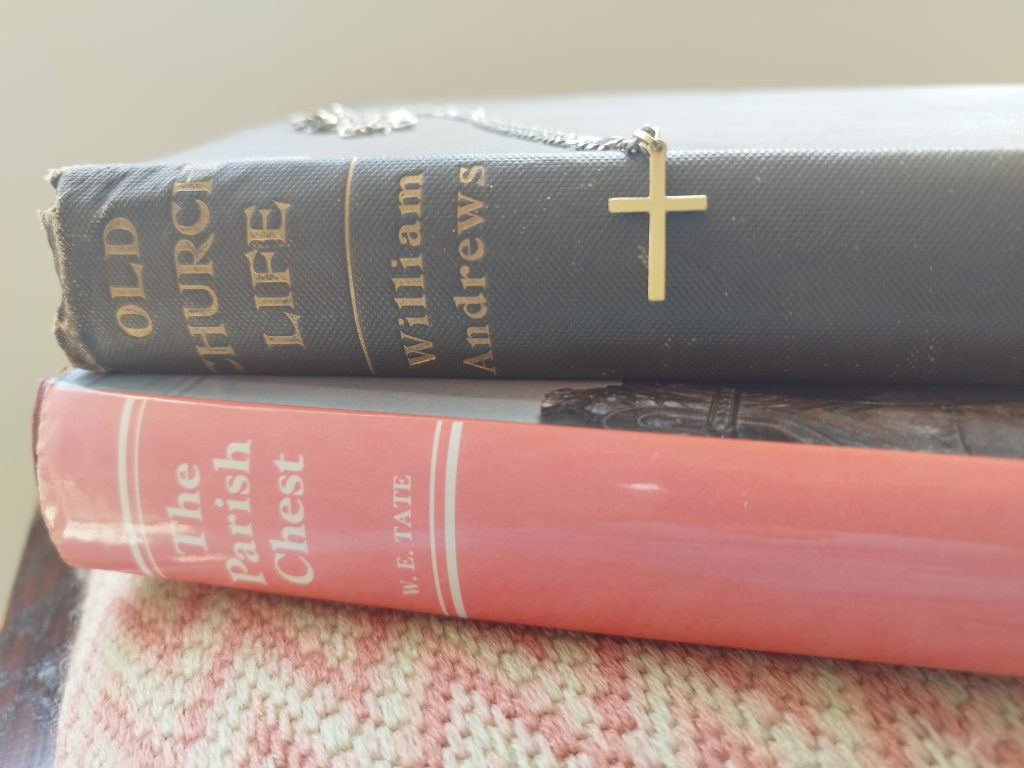The ‘Church Living’
16 June 2023
Revd James Bickham arrived in Loughborough in 1761 to take up the ‘living’ as rector of the parish and incumbent[1] of the church of St Peter and St Paul (now known as All Saints with Holy Trinity) – one of the major churches in Leicestershire.
Throughout time, to be a clergyman in the Church of England has meant to hold a respectable and influential position within an establishment at the heart of the governance of the country.
Historically for many in the clergy, the post came with free accommodation – a house to live in and raise a family – along with a secure stipend, or salary, to feed and clothe them with, both a very desirable thing in a time when there was no expectation on the state to house the homeless or top-up lack of income with benefits of any kind.
Added to that, the work of a cleric wasn’t the physical, manual work those at the lower end of the wealth scale were mostly required to do in order to earn a living. To be a clergyman required a certain skill-set, certainly – a particular level of education, for instance, at a time when schooling was neither free nor available to everyone, and at minimum an outward appearance of complying to the principles of the Christian religion as laid out in the Bible. But for the most part, ‘work’ as a clergyman offered a settled, sedentary and routine existence, with opportunities for socialising, reading and reflection and – at the higher levels particularly – a comfortable day-to-day life.
The role came with many benefits such as status within the community, and the opportunity for progression through the ranks for those with the right skills and attitude – and, most importantly, connections – to take them. A job worthy of an educated gentleman, therefore, traditionally seen as suitable for the second sons of titled or wealthy families who, because of primogeniture[2], had little or no inherited money of their own to live on. As such, a ‘church living’ was looked on in practical terms, sought more as a way to secure a life-long income than as a ‘calling’ to share the word of God (though there were undoubtedly clergymen who would have had this calling, too).
Church livings were handed out through patronage, or the support of someone with wealth and influence, who often owned the right to decide on the postholder for a parish. These rights – known as advowson – often belonged to titled families and wealthy landowners, to Bishops within the Church of England and even to prestigious universities. In Reverend Bickham’s day it was possible to sell an advowson to others, and common for them to be bought and held ready for a friend or relative to take up when they were old enough or the current post holder moved on.
And as the Church was a hierarchical institution, there were different levels of livings within it to be bought, sold and granted by patronage to an educated gentleman in need of an job. So, back we go to the question of Revd Bickham and what brought him to Loughborough to be rector.
(Continued here)
Alison Mott

[1] A term meaning the holder of a post or office.
[2] Primogeniture is the custom of passing a deceased person’s entire wealth to their firstborn legitimate child (generally males) rather than sharing it out amongst all their children.